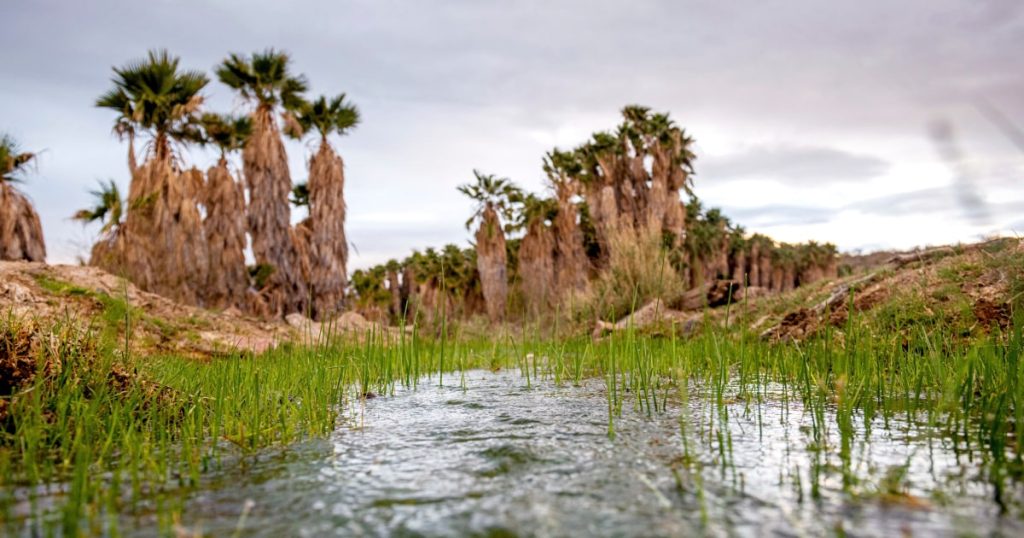Members of the Hualapai Tribe in Arizona are seeking to extend a temporary ban on exploratory drilling for a lithium project near lands they consider sacred. They argue that the project, halfway between Phoenix and Las Vegas, could impact springs that hold cultural and religious significance for the tribe. The tribe wants a preliminary injunction to prevent activity until a trial is held to determine the potential impacts of the project.
Arizona Lithium Ltd. plans to conduct exploratory drilling at 131 sites to determine if there is enough ore to build a mine for extracting lithium. The company claims that lithium exploration is crucial for addressing climate change and is in the public interest. However, the tribe, along with environmental groups, asserts that the project will disrupt the cultural setting and make it unsuitable for ceremonial and cultural uses. The tribe’s lawyers argue that the exploration permit violates the National Historic Preservation Act and National Environmental Policy Act.
In similar cases, Native American tribes and environmentalists have been challenging green energy projects that encroach on sacred lands. Last year, a lithium mine near the Oregon border in Nevada faced legal challenges over its impact on sacred lands where Native Americans were killed in the past. Federal land managers are also expected to review a lithium mine planned by an Australian company in Nevada. In the Hualapai case, the tribe emphasizes the value of the Ha’Kamwe springs and the Big Sandy area for their culture and traditions.
The tribe’s lawyers, along with the environmental group Earthjustice and the Western Mining Action Project, argue that the project would cause noise, dust, vibrations from truck traffic, and visual changes that would significantly affect the cultural setting. They contend that there is no substitute for the Ha’Kamwe springs and the Big Sandy area for the Hualapai people. On the other hand, government lawyers claim that the tribe needs to prove imminent harm to justify an injunction. They argue that delaying exploration could hinder the nation’s efforts to transition to renewable energy sources.
Supporters of the Arizona Lithium project, including the Navajo Transitional Energy Company, believe that the project aligns with efforts to further the clean energy economy. NTEC announced plans to work with the Australian company on the project. However, the Hualapai Tribe disputes the assertion that an injunction would impede domestic lithium exploration during the transition to renewable energy sources, as mining has not yet been proposed. The case highlights the ongoing legal battles between Native American tribes, environmentalists, and energy companies over the use of lands with cultural and environmental significance.


